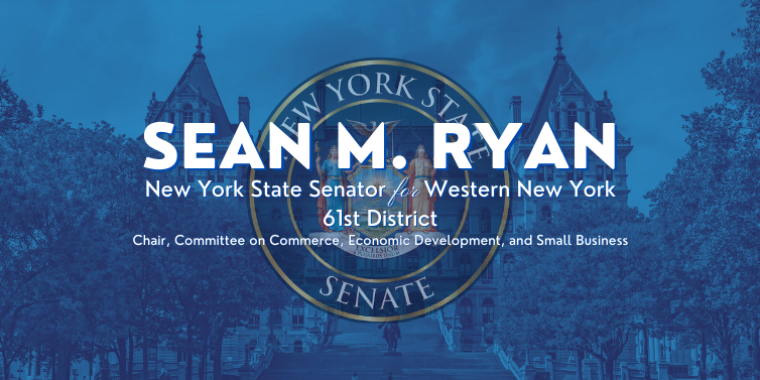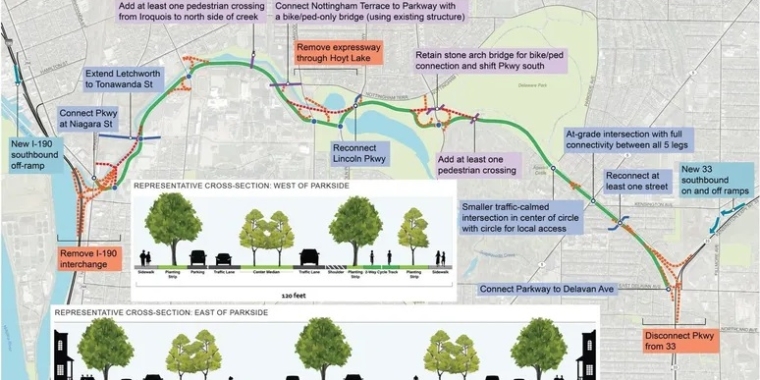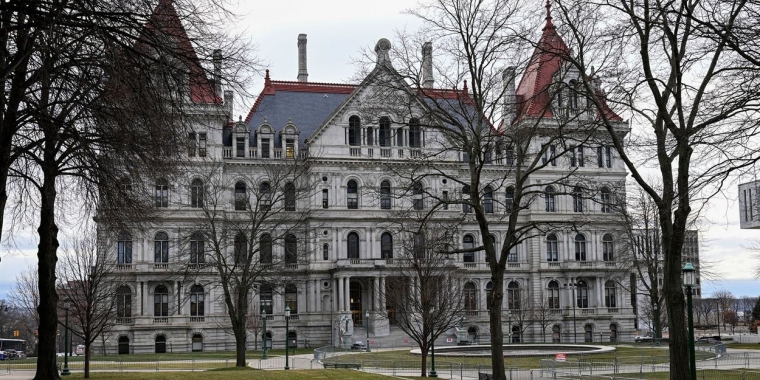
Federal Trade Commission Highlights Positive Impact Of Banning Noncompete Agreements
November 29, 2023

BUFFALO – Today, November 29, 2023, New York State Senator Sean Ryan announced that the Federal Trade Commission (FTC) sent a letter to Governor Kathy Hochul that outlines the pervasive harms of noncompete agreements, highlighting the positive impact his legislation (S.3100A/A.1278B) to prohibit employers in New York from utilizing them would have on New York’s workers and economic landscape. Governor Hochul must sign or veto the legislation by the end of this year.
In the letter, Sarah Mackey-Barr, Deputy Director of the FTC’s Office of Policy Planning, outlined the research that led the FTC to propose a rule in January 2023 to ban noncompete clauses in employment at all wage levels across the nation. The FTC’s Office of Policy Planning provides advocacies and submits filings supporting competition and consumer protection principles to state legislatures, regulatory boards, and officials.
The following passages are excerpts from the FTC letter that highlight the harms caused by the proliferation of noncompete agreements and rebut the arguments for allowing their continued use. Click the following links to access the full letter and accompanying notice of proposed rulemaking (NPRM).
Low-Wage Workers are Widely Subject to Noncompetes
The evidence shows that non-compete clauses are used extensively, including for low-wage workers. One survey found that 35% of workers without a bachelor’s degree and 33% of workers earning less than $40,000 per year have worked under a non-compete clause at some point in their lives. Another analysis of the same data found that 53% of workers covered by non-compete clauses are hourly workers.
Noncompetes Negatively Impact the Entire Economy and Reinforce Glass Ceilings
Evidence that non-compete clauses reduce earnings for both workers who are and who are not covered by non-compete clauses, as well as increase racial and gender wage gaps, is set forth [in the NPRM]. Evidence that non-compete clauses reduce workforce mobility and the resulting effects is set forth [in the NPRM], including the effects on consumer prices, access to talent, new business formation, innovation, and training and other investments.
Common Arguments in Favor of Noncompetes Do Not Justify Their Use
The NPRM considers the common justifications put forward for non-compete clauses, including increasing incentives to invest in workers and protecting trade secrets, and preliminarily concludes nevertheless that non-compete clauses are unlawful. The discussion of justifications commonly raised for non-compete clauses as well as alternatives to non-compete clauses available to employers to protect their investments is [in the NPRM].


